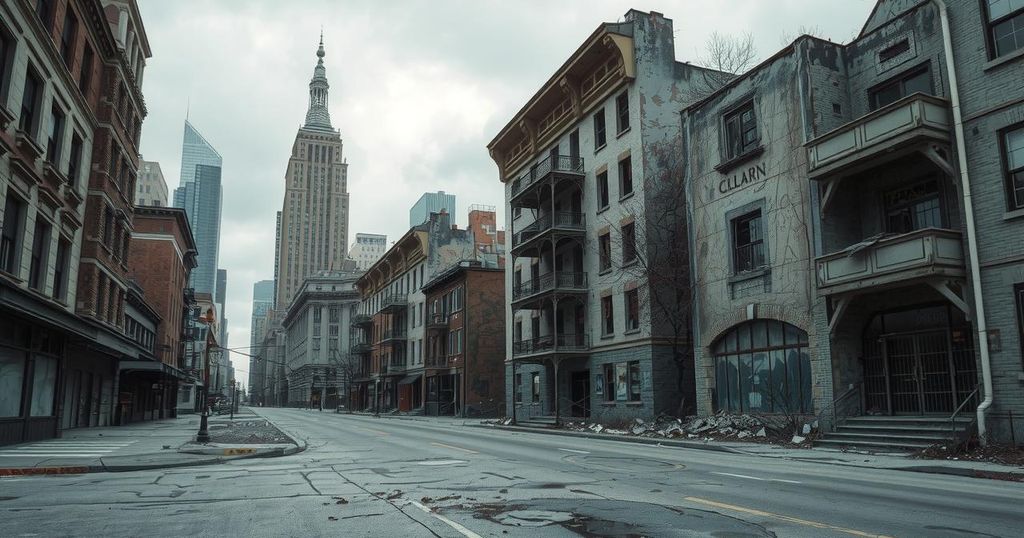Syria’s Violent Clashes: The Risk of Renewed Civil War Amidst Leadership Challenges

Syria faces extreme violence after the new government formation, with over 1,300 deaths reported. Amid growing ethnic tensions, skepticism surrounds interim President Ahmed al-Sharaa’s ability to maintain peace and order. Observers warn that failure to act may lead to civil war, with urgent calls for international intervention to prevent genocide.
Syria is currently experiencing its deadliest resurgence of violence following the ascension of the interim government three months ago. The Syrian Observatory for Human Rights reports over 1,300 fatalities in the coastal regions, predominantly affecting the Alawite minority. Observers accuse government-aligned security forces of participating in these violent acts, raising significant concerns within European media.
There is skepticism regarding the intentions of interim President Ahmed al-Sharaa, as noted by the Neue Zürcher Zeitung. The publication emphasizes the need for Sharaa to fulfill his promises, given Syria’s complex web of religious and ethnic rivalries. The lack of progression on his commitments is causing hesitance among Western nations to withdraw sanctions, which in turn increases domestic discontent.
De Volkskrant warns of a potential escalation in conflict, highlighting the array of fundamentalist factions and regional powers like Israel, Turkey, and Iran that have vested interests in undermining a stable Syrian state. Interim President Sharaa must act decisively to curb ethnic violence; failure to do so may plunge Syria back into civil war, jeopardizing the fragile unity he seeks.
Der Standard reflects on the aftermath of the Assad regime’s fall, viewing the recent chaos as an inevitable consequence. The publication remarks that the Alawite supporters of the former president have been forced into retreat, leading to increased tensions as they face a precarious new governance structure. Additionally, external influences like Iran and allied forces are seen as stakeholders in the potential failure of the new government.
The Spectator argues for the necessity of establishing law and order to prevent an ongoing cycle of violence, maintaining that civil conflicts do not cease without an authoritative control over violence. The article stresses that the new leadership must act swiftly to end the violence to ensure Syria’s prospects for peace and reconstruction.
Political analyst Nikolay Mitrokhin warns of impending genocide based on alarming footage from the region, advocating for urgent international intervention to avert disastrous outcomes. He highlights the emergence of mass graves, indicating a severe humanitarian crisis unfolding in Syria.
In summary, Syria is grappling with a dangerous resurgence of violence following the establishment of a new interim government. The challenges facing President Ahmed al-Sharaa include deep-rooted ethnic tensions and the need for decisive action to restore order. Concerns over international intervention and the role of external influences complicate the situation further. Without immediate and effective measures, the threat of renewed civil war looms large over the nation.
Original Source: www.kyivpost.com







